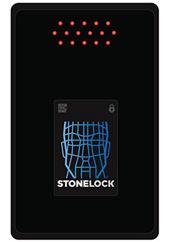The report assesses 12 vendors and how their respective product or service delivers on a range of capabilities and use cases, including protecting internal and external identities. Together, the Critical Capabilities and the Magic Quadrant provide a holistic view of the vendors in a given market and the positioning of providers’ product and service offerings.
Ping Identity was the highest-scoring vendor across all three major use cases identified by Gartner:
Internal Users Access Management Use Case
External Users Access Management Use Case
Multiconstituency Access Management Use Case
The report assesses tools that provide centralised authentication, SSO, session management and authorisation enforcement for target applications and services. The Internal Users Access Management use case includes adaptive and contextual authentication functions, support for modern identity protocols such as SAML, OAuth 2.0 and OIDC and is geared toward workforce identities. Whereas, the External Users Access Management use case is suited for the B2C, B2B, G2C and gig economy identities and includes CIAM capabilities like delegated administration, consent, preference and privacy management and federation to and from other platforms. The Multiconstituency Access Management use case evaluates a vendor’s ability to support both the internal and external use cases, an important consideration for large enterprises seeking to standardize on a single identity platform.
“To truly modernise security and deliver premier digital experiences, enterprises must be able to verify identity from anywhere and across all environments and user populations,” says Andre Durand, Founder and CEO of Ping Identity. “With this renewed emphasis on digital-first initiatives, our team has worked tirelessly to ensure our solutions provide world-class security while being easy to implement. It’s rewarding to have our team’s work championing identity-first security acknowledged.”














